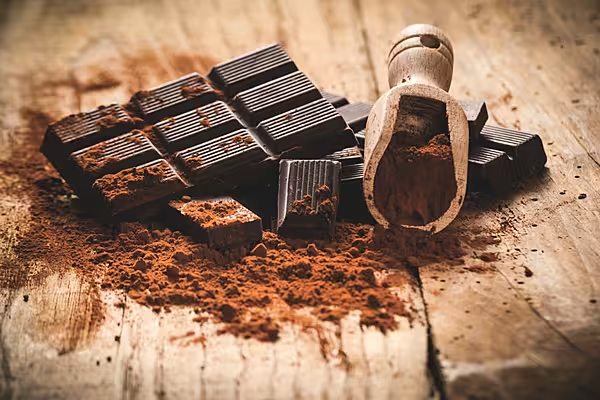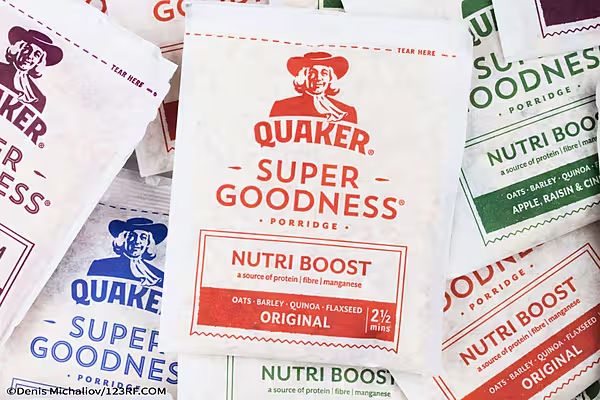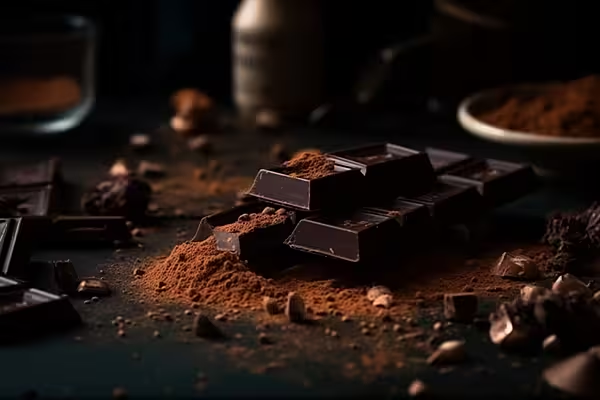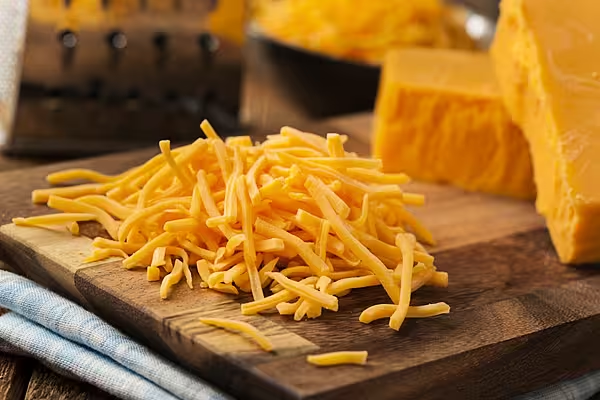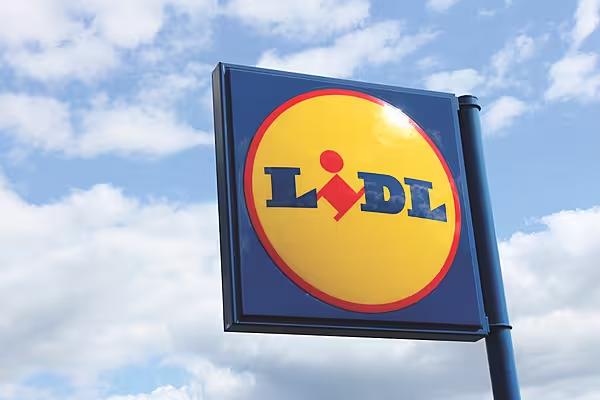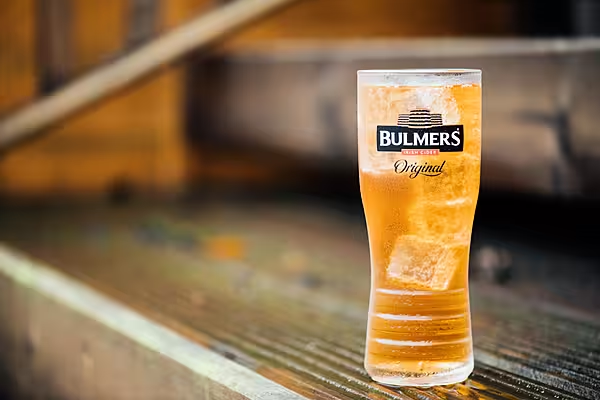Ivory Coast and Ghana's move to combat farmer poverty with a living income premium for their cocoa sales is being undermined by chocolate makers scaling down purchases and negotiating discounts on other parts of the price, sources said.
Confectioners publicly backed a move by the two countries, which together account for 60% of global cocoa supply, to introduce a $400 a tonne living income differential (LID) or premium in July on cocoa sales for the 2020/21 season.
Key Element
But trade sources said they have partially offset the new cost by negotiating down another charge paid for West African cocoa - the country premium, or 'differential', which covers bean quality differences and is a key element in the cocoa price.
Ivory Coast beans, some of the highest quality available on the mass market, have over the past few years traded around 65-80 pounds a tonne over ICE London cocoa futures.
That premium hit a record £250 over the summer as industry stockpiled spot cocoa available for purchase without the LID, sources said. However, it has since fallen sharply.
"They've sold (2020/21) cocoa with, in some cases, no country differential," a London-based cocoa trader said.
Ivory Coast cocoa regulators did not respond to requests for comment, while Ghana regulators said they had no comment.
Chocolate makers Barry Callebaut, Mars Wrigley and Nestlé said they support the LID and that their 2020/21 cocoa purchases were at normal levels, though they did not comment on differentials.
Hershey's and Mondelēz also said they support the LID, while declining to comment on differentials. They said their cocoa purchases were based on commercial needs.
A source at Ivory Coast's cocoa regulator said the country has sold about 400,000 tonnes of 2020/21 cocoa, while Ghana said it has sold 200,000 tonnes, around normal levels for this time of year.
Country Premium
Trade sources said however the two countries have had to slash the 2020/21 country premium to encourage sales because the summer stockpiling had strengthened the industry's bargaining position and allowed them to slow purchases.
"If I picked up the phone today they'd dump me with (2020/21) cocoa, so it's hard to believe they're comfortable with their sales," said a Europe-based trade source.
Some buyers are also slowing 2020/21 cocoa purchases because they are betting the LID will be scrapped after Ghana and Ivory Coast hold general elections towards the end of next year.
"We all feel the LID is a (tactic) to win elections and that it might disappear (post-elections)," said the London-based trade source.
To prompt industry to ramp up their 2020/21 purchases, Ivory Coast and Ghana in October threatened to re-examine or possibly suspend the sustainability schemes run by or paid for by chocolate makers and grinders in their countries.
They later removed the threat after clinching some deals.
Ethically Sourced Products
Mars, Mondelēz, Barry Callebaut, Hershey's and Nestlé have spent millions on sustainability schemes aiming to meet consumer demand for ethically sourced products.
The schemes, which certify cocoa ingredients as ethically sourced, are key to their branding, but have had little success in tackling the widespread deforestation and child labour in West Africa that has blighted chocolate's image.
"I cannot complain about an (LID) boycott, but between what the industry says and what it does, there is a big pit. It seems (industry players) are waiting for a (price) decline to buy," said the source at Ivory Coast's cocoa regulator.
London cocoa futures hit their highest since May 2018 last month, deterring buying.
An Abidjan-based cocoa exporter said the chocolate makers and cocoa grinders they deal with abroad have all said they are not interested in buying 2020/21 cocoa.
"Industry aren't going to be able to avoid paying the LID (but) they'll buy as little (2020/21 cocoa) as they can," said an industry expert.
News by Reuters, edited by Checkout. Click subscribe to sign up for the Checkout print edition.
